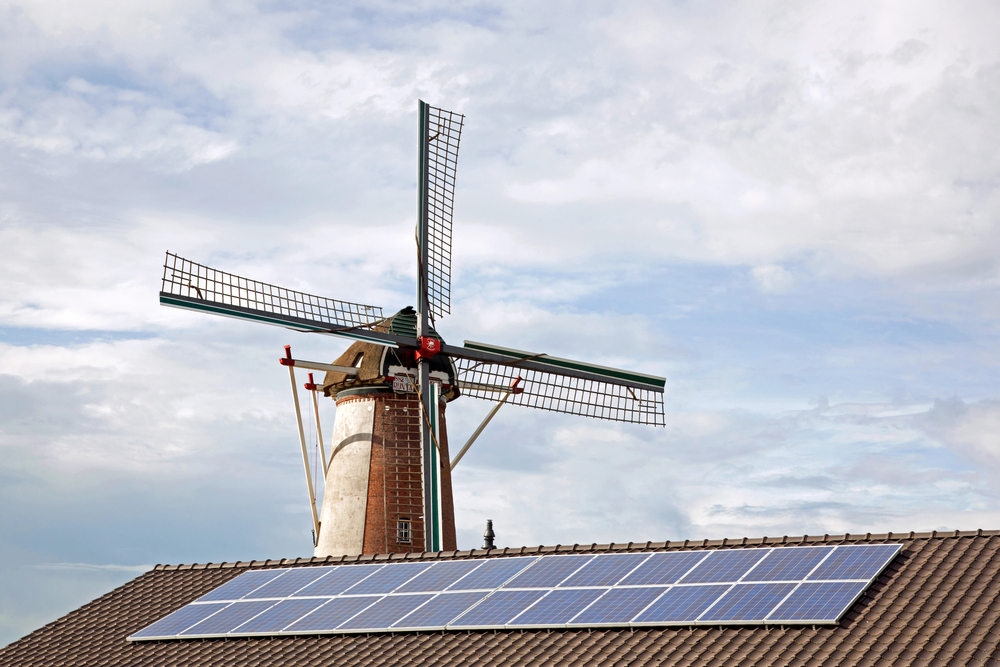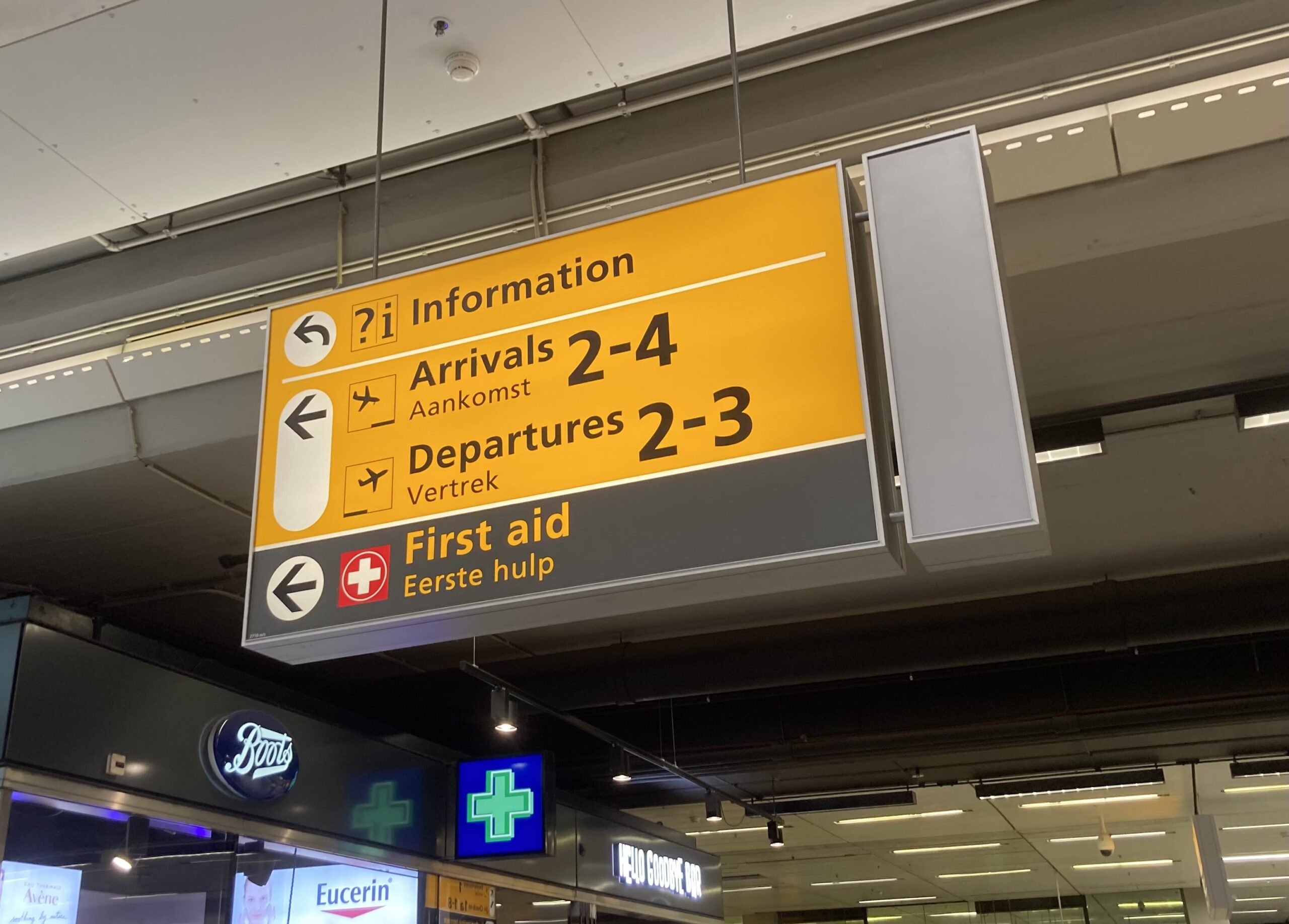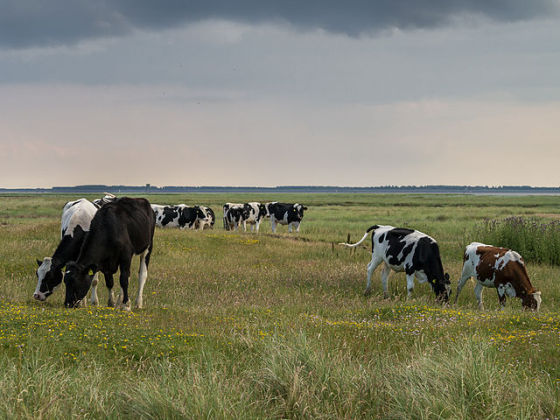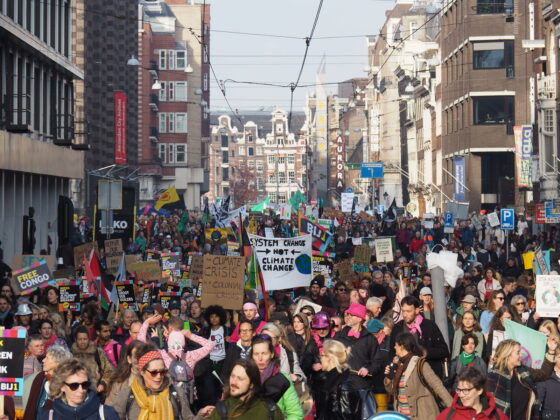The big election issues: climate change and the environment
Molly Quell
The Netherlands goes to the polls on October 29 to elect a new government. We asked you what issues you wanted us to cover, and climate and the environment were among the top subjects.
It was just five years ago that climate and the environment – specifically nitrogen pollution – was the number one issue in The Hague. A 2019 decision by the Council of State, which found the government’s strategy for reducing excess nitrogen was in breach of EU directives, led to thousands of tractors on the Maliveld and dozens of protests.
The backlash was the founding force behind the creation of the farmers’ party (BBB) which is one of the two parties still standing in government.
Yet despite continuing problems with nitrogen pollution, dire warnings that the Netherlands will not meet its emissions targets and even a ruling from the world’s highest court that failing to address climate change could violate international law, the environment is not playing a substantial role in the upcoming Dutch elections. Here’s what the biggest five parties say.
PVV: repeal and withdraw
The far right PVV did not provide its plans to the macro-economic policy unit CPB, which analyses the financial underpinning of manifesto pledges. And an analysis of party manifestos by the Dutch sustainable energy association shows a lot of gaps in the PVV’s plans.
According to their programme, the PVV wants to withdraw from the Paris Climate Agreement, repeal the 2019 Climate Act and disband the National Citizens’ Council on Climate. The manifesto also calls for “no more wasted billions on climate policy” and wants to focus resources on lower energy bills.
The PVV wants more gas and oil extraction in the North Sea and to stop building wind farms and solar parks. It is also calling for more nuclear reactors.
GroenLinks-PvdA: fight drafts, fight climate change
The GroenLinks-PvdA alliance plans, according to the CPB/PBL analysis, make the greatest effort to implement climate measures, along with those drawn up by ChristenUnie, D66, and Volt.
The party of Frans Timmermans also wants lower energy bills but wants to do so by helping people insulate their homes, in an “insulation offensive.” In total contrast to the PVV, GroenLinks-PvdA wants an expansion of solar and wind energy, in part to make the Netherlands less reliant on oil exports from authoritarian regimes. The parties are opposed to nuclear power.
GroenLinks-PvdA, along with D66, ChristenUnie, and Volt, are calling for the largest reduction in nitrogen emissions.
The party manifesto also calls for scrapping fossil fuel subsidies and only allowing the sale of electric cars from 2030.
CDA: Local solutions
The CDA manifesto calls for energy independence but doesn’t call for a total ban on fossil fuels. “We need everything,” Jantine Zwinkels (#12, CDA) said during a debate on party energy plans last week. That includes building nuclear power plants.
The CDA’s focus is on making adjustments at a local level and allowing councils to put together their own plans for transition to a gas free society. The party wants to simplify the subsidies process to encourage better insulation and transition to heat pumps.
The CDA also wants to see lower nitrogen emissions but without halting other operations, especially housing construction.

VVD: Short on specifics
The CPB/PBL analysis found the party’s manifesto plans have no impact on sustainability.
The party calls for reduced reliance on oil from Russia and other authoritarian countries. “We will become independent of energy from unfree countries,” the manifesto says. The VVD wants to increase production of green energy, as well as North Sea gas and to encourage nuclear power.
There is little specificity in the manifesto when compared with some other parties. The programme says “the future of economic growth is sustainable” but doesn’t explain how they plan to ensure that. They call for “reducing pollution and emissions where necessary” in the agriculture sector.
Heat pumps and insulation should be fiscally attractive but not mandatory and the same goes for electric cars.
The VVD backs the expansion of Schiphol airport and the opening of Lelystad airport, as well as a reduction in airline passenger taxes.

D66: Good for the environment, might be bad for business
Liberal Democratic party D66 has ambitious climate plans but the government agency analysis warns their approach may push companies to leave the Netherlands.
The party manifesto calls for putting the country back on track to reach its climate targets, with the aim of being a “pollution-free country by 2050.”
The programme calls for a mix of energy sources and for investment in offshore wind and to install more solar panels, particularly in underutilised areas like industrial estates. The party remains “open to nuclear energy.”
D66 wants to offer loans for people to switch to electric cars and improve insulation. The party platform calls for investments in the electrical grid, where capacity is under severe pressure and green manufacturing.
They want to stick to the existing nitrogen reduction plan and half emissions by 2030.
D66 wants a limit on flights to Schiphol as well as to improve public transport infrastructure, including the introduction of a “Netherlands Pass” which would allow travel on all forms of transport outside peak hours for a set price.

JA21: Go nuclear
The plans of JA21, the far-right party founded by two former FVDers, will see greenhouse gas emissions increase, according to the CPB/PBL analysis.
The party is calling for a “major national nuclear energy offensive” and also sees nuclear as the solution to the congestion problems in the electrical grid. The second point of their plan, after nuclear, is to stop wind turbines.
They party does not want to close coal plants and would reopen the Groningen field for new gas drilling.
Their programme would return the speed limit to 130 km/h and calls for ending “the harassment of hard-working Dutch people from their cars,” which includes opposing fuel and road taxes.
Previously in this series: the big six parties on housing. Still to come – healthcare, immigration and the cost of living.
Thank you for donating to DutchNews.nl.
We could not provide the Dutch News service, and keep it free of charge, without the generous support of our readers. Your donations allow us to report on issues you tell us matter, and provide you with a summary of the most important Dutch news each day.
Make a donation